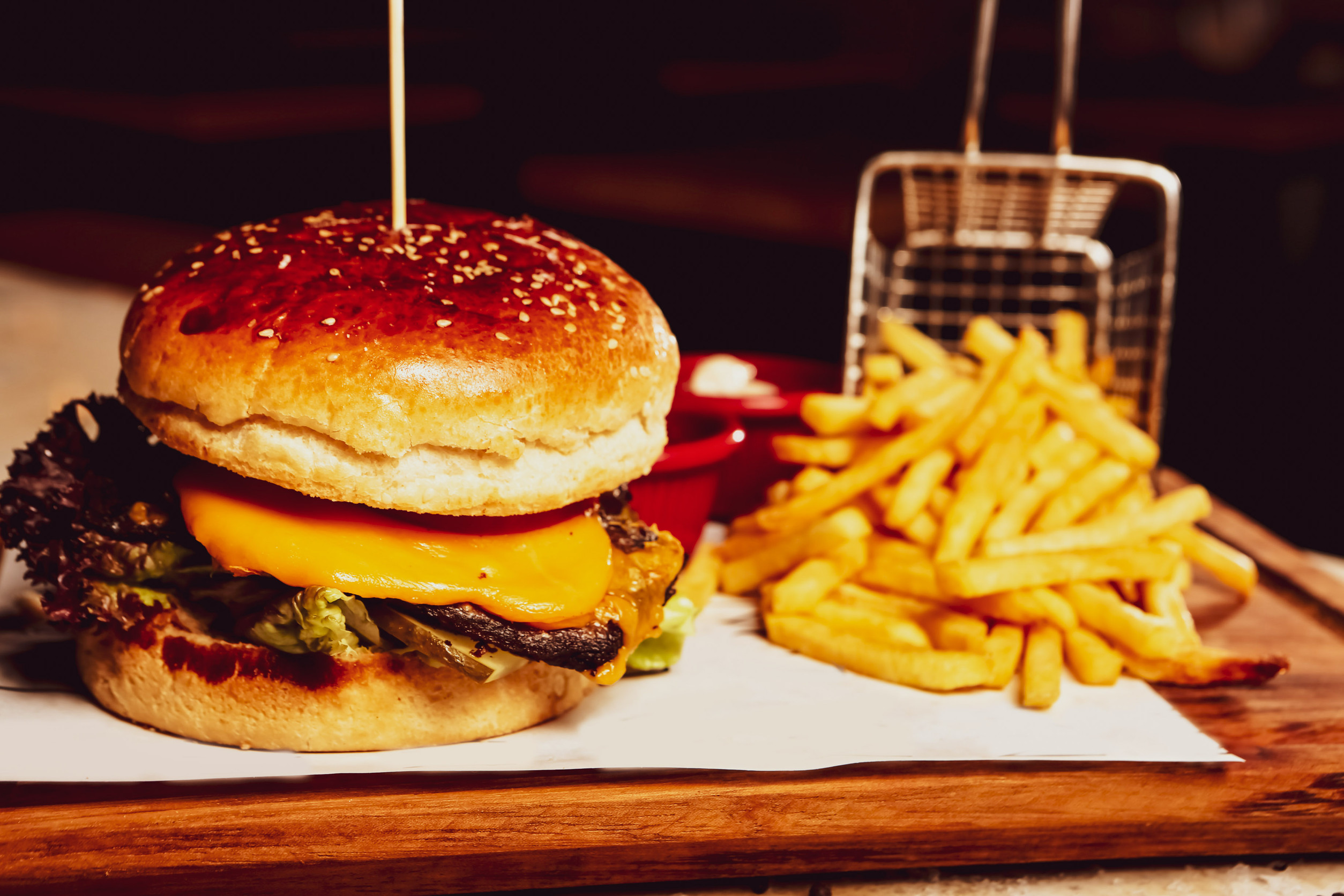When it comes to heart health, what you eat plays a powerful role. While genetics, stress, and exercise habits all matter, the everyday decisions you make at the dinner table can quietly build up to something dangerous. Some foods, especially when consumed frequently or in large amounts, have been directly linked to heart disease and increased risk of heart attacks.
These aren’t just the obvious fast-food offenders either—some of the biggest culprits hide in plain sight on grocery store shelves and dinner menus.
Processed Meats
Sausages, bacon, deli slices, and hot dogs are loaded with preservatives that your heart despises. These meats often contain sodium nitrite and other chemicals that contribute to arterial damage and increased blood pressure.
Beyond the additives, processed meats are also typically high in saturated fat, which raises your LDL cholesterol—the kind that clogs arteries. Eating them regularly doesn’t just affect your waistline; it literally hardens your blood vessels over time. If you’re reaching for ham or pepperoni several times a week, your heart may already be sounding the alarm.
Deep-Fried Foods
From golden French fries to crispy chicken wings, fried foods are a familiar comfort. But that comfort comes with a serious cardiovascular cost. Deep-frying food turns otherwise simple ingredients into trans fat bombs that wreak havoc on your arteries.
Regularly consuming deep-fried meals can lead to weight gain, increased LDL cholesterol, and lower HDL cholesterol—the good kind that helps keep your arteries clean. If your weekly routine includes trips to the fryer, your heart’s long-term health is likely under siege.
Sugary Beverages
Sugary sodas and sweetened juices are more than just refreshing—they’re stealthy contributors to heart disease. These drinks spike your blood sugar and promote insulin resistance, a major red flag for cardiovascular trouble.
Over time, the excess sugar contributes to inflammation in your blood vessels and can cause your triglycerides to rise. Even “healthy” options like fruit smoothies can carry massive sugar loads if they’re not made with whole ingredients. What you sip matters just as much as what you chew when it comes to protecting your heart.
White Bread and Refined Grains
White bread, pasta, and other refined grains might seem harmless, but they can be silent artery saboteurs. Stripped of their fiber and nutrients during processing, these foods cause blood sugar levels to surge quickly. That rapid spike not only stresses your pancreas but also creates the conditions for chronic inflammation—a major contributor to heart disease.
Over time, these blood sugar rollercoasters can lead to insulin resistance and type 2 diabetes, which dramatically raises heart attack risk. A steady diet of white carbs is a recipe for vascular wear and tear.
Packaged Snacks and Baked Goods
That bag of chips or store-bought muffin might seem like a minor indulgence, but it can pack a serious cardiovascular punch. Many packaged snacks contain trans fats and loads of sodium—two ingredients your heart would rather do without.
Even when labeled “trans fat-free,” these products can still include partially hydrogenated oils, which clog arteries over time. These snacks also often combine refined carbs and added sugars, a duo that accelerates fat buildup around your heart. Regularly munching on these kinds of foods quietly lays the groundwork for future heart trouble.
Fast Food Burgers
The classic fast-food burger may be convenient, but it’s also a heart health hazard wrapped in wax paper. These burgers often combine high-fat ground beef with cheese, bacon, and sugary sauces, pushing saturated fat and sodium content through the roof.
Eating them frequently contributes to hypertension, elevated cholesterol, and excessive calorie intake—all risk factors for heart disease. And because they’re often consumed with fries and soda, the overall cardiovascular impact becomes even more pronounced. Fast food isn’t just quick—it’s a fast track to arterial damage when it becomes a habit.
Ice Cream and Full-Fat Dairy
Ice cream, whole milk, and heavy cream may seem like innocent indulgences, but they’re packed with saturated fats that can spike your cholesterol. These animal-based fats have a direct impact on your LDL levels, making them a threat to your arteries when consumed in excess. Additionally, the sugar in many dairy-based treats further compounds the problem by increasing inflammation.
When these foods become a regular part of your dessert routine, the risks quietly add up over time. Your heart pays the price for that creamy scoop, especially if you’re already predisposed to cardiovascular issues.
Restaurant Pasta Dishes
Creamy fettuccine, cheesy lasagna, and buttery Alfredo might taste like heaven, but they often carry a deadly combination of fat, sodium, and refined carbs. Many restaurant pasta dishes are portioned for giants and drenched in rich sauces that double or triple your recommended daily fat intake. Combined with white pasta and salty toppings, they create the perfect storm for blood pressure spikes and arterial stress.
These dishes might only make occasional appearances on your plate, but their impact can linger far beyond dinner. If you’re indulging often, those creamy bowls could be thickening more than just your waistline.
Margarine and Butter Alternatives
Not all butter replacements are better for your heart. Some margarine spreads, especially the older or cheaper ones, still contain trans fats despite newer labeling practices. These industrial fats were once marketed as heart-friendly, but science has shown they actually increase LDL cholesterol while lowering the good HDL kind. Even small amounts can do long-term damage, especially when used daily in cooking or baking. Swapping in heart-healthy oils is a smarter move, but not all substitutes are created equal.
Eat Well And Take Care Of Your Heart
Your heart doesn’t respond instantly to the meals you eat—but over time, the damage accumulates. These nine foods, if eaten regularly, can slowly turn a healthy heart into one that’s vulnerable to attacks, blockages, and disease.
The good news? Awareness is the first step toward making better choices and protecting your cardiovascular future. Small changes in your diet can lower your risk and give your heart the support it needs to keep beating strong. If you’ve recognized a few of your own favorites in this list, drop a comment below and let us know your thoughts or what changes you’re planning to make.
Read More
The 8 Best Anti-Aging Foods to Add to Your Diet Today
8 Best Food Trucks in Los Angeles You Can’t Miss in 2025



Leave a Reply